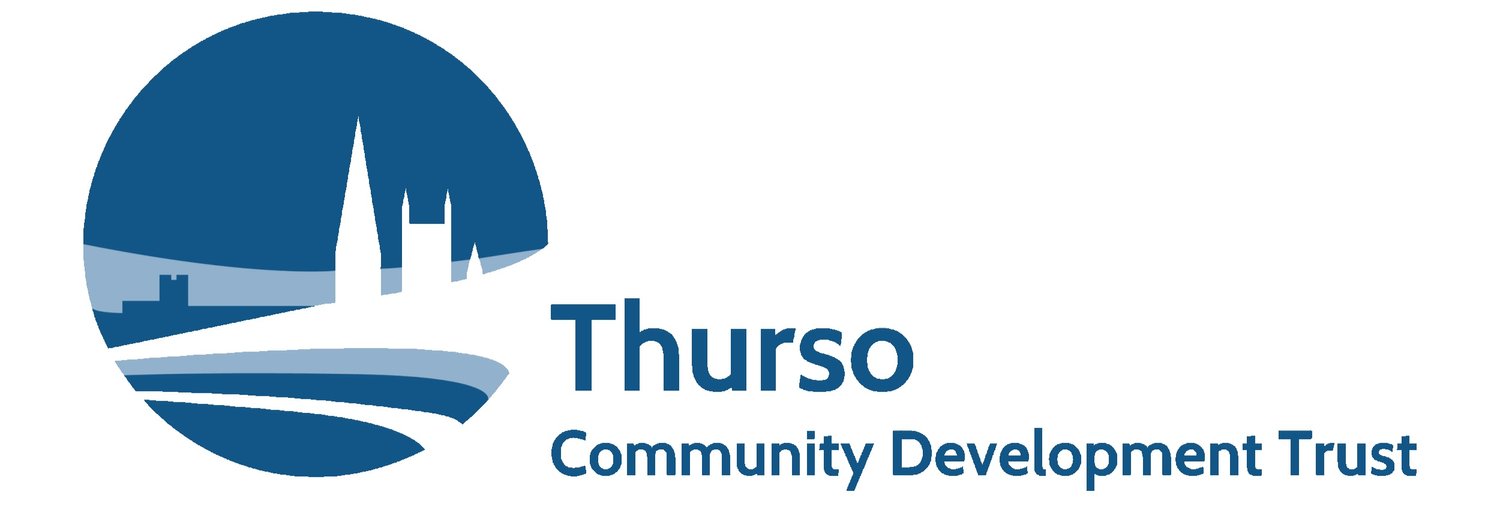
-
The sun provides us with more energy than we could ever use.
Solar electricity panels capture the sun’s energy and convert it into electricity that you can use in your home.
Your solar power system will generate your own renewable electricity and start saving money from the moment it’s turned on.
It is also a clean, green source of energy – a great way to reduce your carbon footprint.
Based on Energy Saving Trust estimates, a typical household with a 4.2 kilowatt-peak system can knock between £297 and £729/year off bills at the October price cap rates.
The price of a typical 4.2 kilowatt-peak solar panel system is about £6,500, so it could take anywhere between 8 and 17 years to break even.
However, if you can afford it, it’s a great way to do your bit for the environment, have more control and live off grid and not be subject to more changes, and save you money in the long-term.
To maximise the amount of electricity your panels can make, it's best to make sure your home is right for them. Find out more information here.
RDI Renewables in Thurso offer solar panels and can provide expert advice
-
If your boiler is more than 10 years old, it may be worth considering replacing it with a more energy efficient condensing boiler.
A condensing boiler recovers more heat from the exhaust flue gas and uses it to heat the central heating water, making it more efficient than older boilers.
Heating and hot water accounts for over half of what you spend in a year on energy bills, so an efficient boiler makes a big difference.
Costs and savings vary depending on your current boiler’s efficiency, fuel type and your house type but fuel bill savings can be significant – generally up to a 40% reduction compared to older models.
Also, as they use less energy to produce the heat and hot water your home needs, they can also reduce your CO2 emissions by up to 30%.
Condensing Boilers prices vary from £500 to £1,700 depending on the brand or output.
RDI Renewables in Thurso offer condensing boilers and can provide expert advice.
-
Refrigerators, Freezers, Washing Machines, Tumble Dryers, and Dishwashers are traditionally not very energy efficient. The least efficient appliance is the refrigerator.
By investing in an energy efficient appliance, you can save money by reducing your energy bills at home, and lower your carbon footprint.
Energy efficient appliances won’t need to be replaced any time soon and will require less maintenance, saving more money and time.
It’s best to check energy labels on products and look for the product with the best energy rating for the size you require.
ENERGY STAR®-rated appliances use about 20% less energy than conventional models.
If you ask a vendor for help in finding the most energy efficient appliance, they are obligated to help you find the right product.
Remember to only buy the size you need, as larger items will use more energy and end up costing you more.
-
Investing in biomass heating can save you money in the long-term, reduce your carbon footprint, and help to reduce waste.
Biomass is a renewable energy source, generated from burning wood, plants and other organic matter, such as manure or household waste.
It is said that a wood-fueled biomass boiler could save you up to £1,100 a year compared to an old electric heating system.
They release carbon dioxide when burned, but considerably less than fossil fuels.
Also, the carbon dioxide emitted when wood is burned is the same amount that was absorbed over the months and years that the plant was growing.
The process is sustainable if new plants continue to grow in place of those used for fuel and if the fuel is sourced locally.
Each year, approximately 8.5 million tonnes of wood go into landfill in the UK; this waste wood could be used in either biomass boilers (if converted into the pellets) or burned in wood burning stoves.
You can find out more information on Biomass heating here
RDI Renewables in Thurso offer solar panels and can provide expert advice
-
Adding insulation to your home can save you between £150 and £260 a year, reduce your carbon emissions, and even add value to your house.
Although wall insulation is a bigger investment, and costs vary, it can keep your home warm and cosy and result in a large saving.
A quarter of heat is lost through the roof and attics in an uninsulated home.
Insulating your loft, attic or flat roof is an effective way to reduce heat loss and reduce your heating bills.
Installed correctly, loft insulation should pay for itself many times over in its 40-year lifetime.
Local supplier, RDI Renewables in Thurso, have loft insulation options and can provide expert advice.






